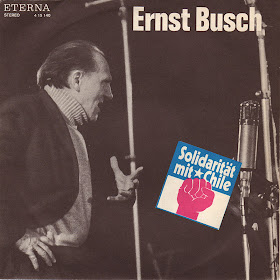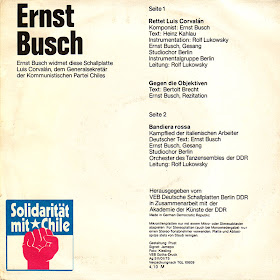 A candid and charming collection of songs that glisten as beautifully as a clear mountain stream. Singer/songwriter/poet Tom Rush had a wonderful idea in mind for a concept album, working with music business greats Arthur Gorson and Paul Harris to blend the best of the time period's songwriters. The effort results in a splendid achievement of emotionally and lyrically gripping material.
A candid and charming collection of songs that glisten as beautifully as a clear mountain stream. Singer/songwriter/poet Tom Rush had a wonderful idea in mind for a concept album, working with music business greats Arthur Gorson and Paul Harris to blend the best of the time period's songwriters. The effort results in a splendid achievement of emotionally and lyrically gripping material. Taking advantage of his resonant tenor voice and the majestic talents of a stirring crew of musicians, Rush performs wistful and ethereal versions of some of his favorite songs. Material selected includes deeply lyrical tunes such as Joni Mitchell's "Tin Angel" and "Urge for Going," and romantic songs like James Taylor's "Something in the Way She Moves." The album, titled "The Circle Game", features Mitchell's radio hit single of the same name.
Certainly during the '70s this album was marketed well and fared with great success among the listening public, inviting Rush into an elite group of solo singer/songwriters of the decade. Just to prove to the world that he is no fluke himself when it comes to arranging and composing, Rush succeeds with two beautifully crafted works of his own, masterfully woven and spun on the acoustic guitar, along with an endearing work of lush production featuring the brilliant efforts of conductor Paul Harris and orchestra. A must-listen for those who are sincerely curious and are seeking a good singer/songwriter talent from this period.
Tom Rush - The Circle Game (1968)
(192 kbps, cover art included)



















